
Environmental Resources for New Homeowners
Welcome to Pike County!
Pike County is rich in natural resources and environmental beauty. New residents are drawn to this area by the incredible landscape and access to nature. As a new member of our community, you can have a direct impact on the quality of our water, air, and land.
Particularly, your new property can have a significant impact, for better or worse, on the local environment. We have created this new website as a resource to aid you in not only preserving the natural resources of our community, but help you better understand the resources in the community and how you can protect your investment in your property.
Resources
Below you will find information on local environmental topics, and the organizations based in NEPA that can assist you in these areas. The District website has numerous articles and resources on the resources in Pike County. The information below will get you started.
If you use any part of this guide, please take a moment to fill out our webpage survey. This helps us obtain grant funding for projects like this in the future. Thank you!
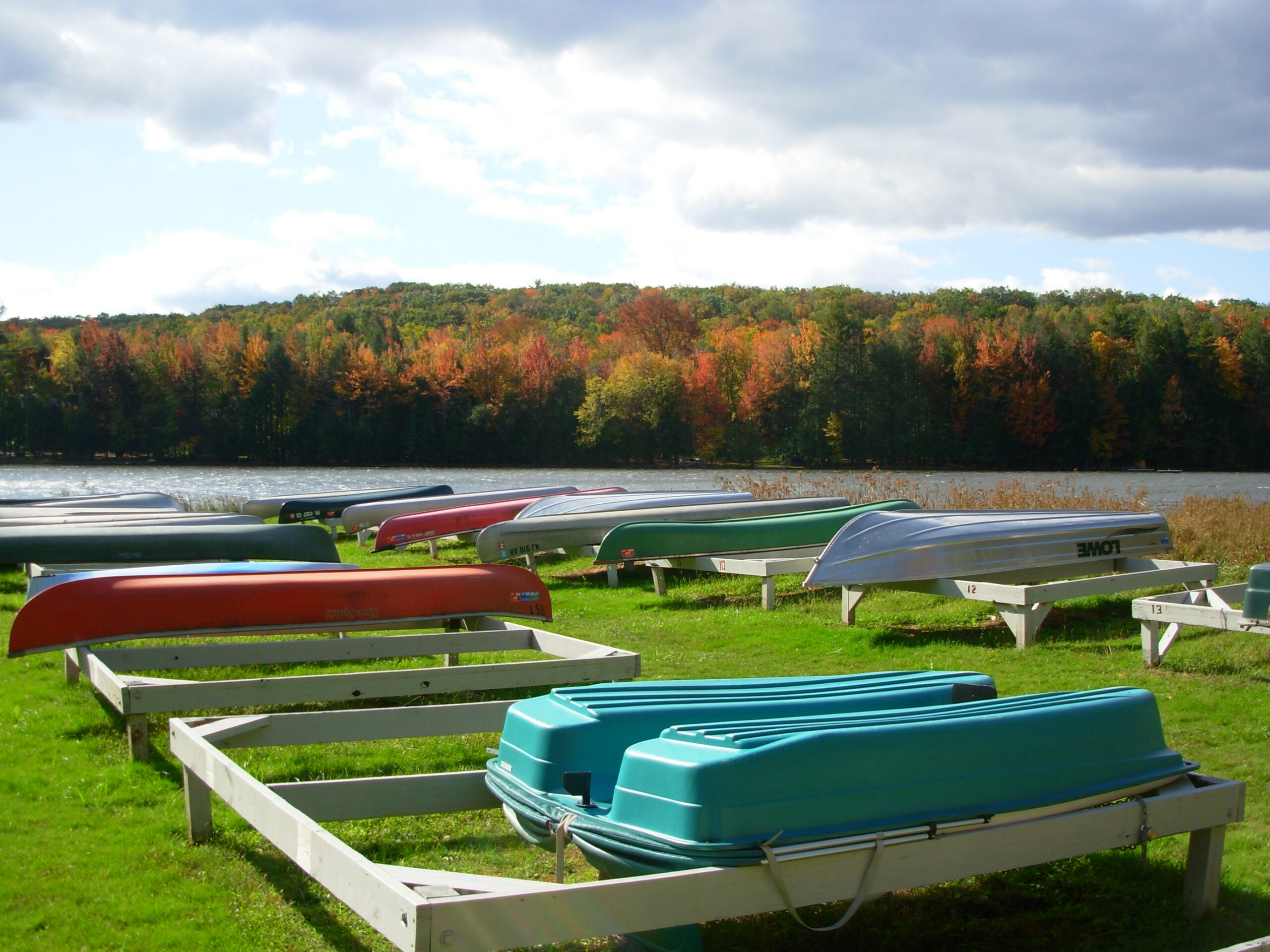
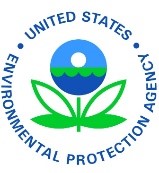
Financial and other support for this project is provided by the Pennsylvania Association of Conservation Districts, Inc. through a grant from the Pennsylvania Department of Environmental Protection under Section 319 of the Clean Water Act, administered by the U.S. Environmental Protection Agency.
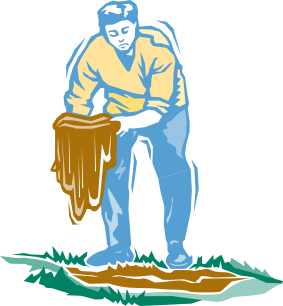
Poorly functioning septic systems pose health risks.
Maintain your septic system. Help protect family health and keep your financial investment secure. Practice water conservation measures to avoid overloading an absorption field, which can lead to system failure.
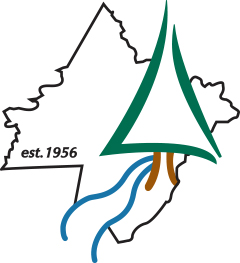
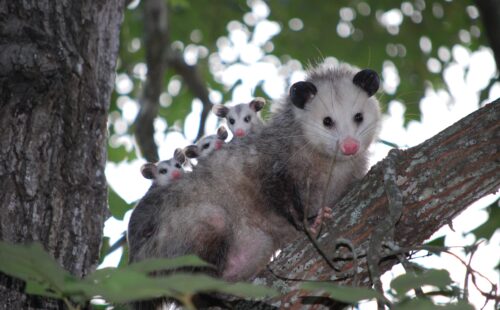 If you are new to the forested landscape of Northeast Pennsylvania, you may find that you have many furry neighbors! If you are concerned about a wild animal on your property, you should call the local Pennsylvania Game Commission.
If you are new to the forested landscape of Northeast Pennsylvania, you may find that you have many furry neighbors! If you are concerned about a wild animal on your property, you should call the local Pennsylvania Game Commission. 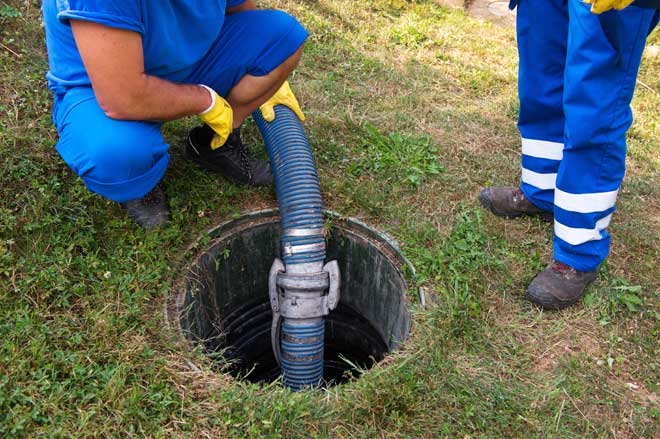 On-lot sewage treatment systems are often used in rural areas, such as Pike County, for the treatment of household waste water. When installed, used and maintained properly, on-lot systems minimize pollution of surface and groundwater resources and help to protect family health and the financial investment of homes and property.
On-lot sewage treatment systems are often used in rural areas, such as Pike County, for the treatment of household waste water. When installed, used and maintained properly, on-lot systems minimize pollution of surface and groundwater resources and help to protect family health and the financial investment of homes and property. There are many environmental organizations in Pike County that work to keep the natural resources and wildlife thriving.
There are many environmental organizations in Pike County that work to keep the natural resources and wildlife thriving.